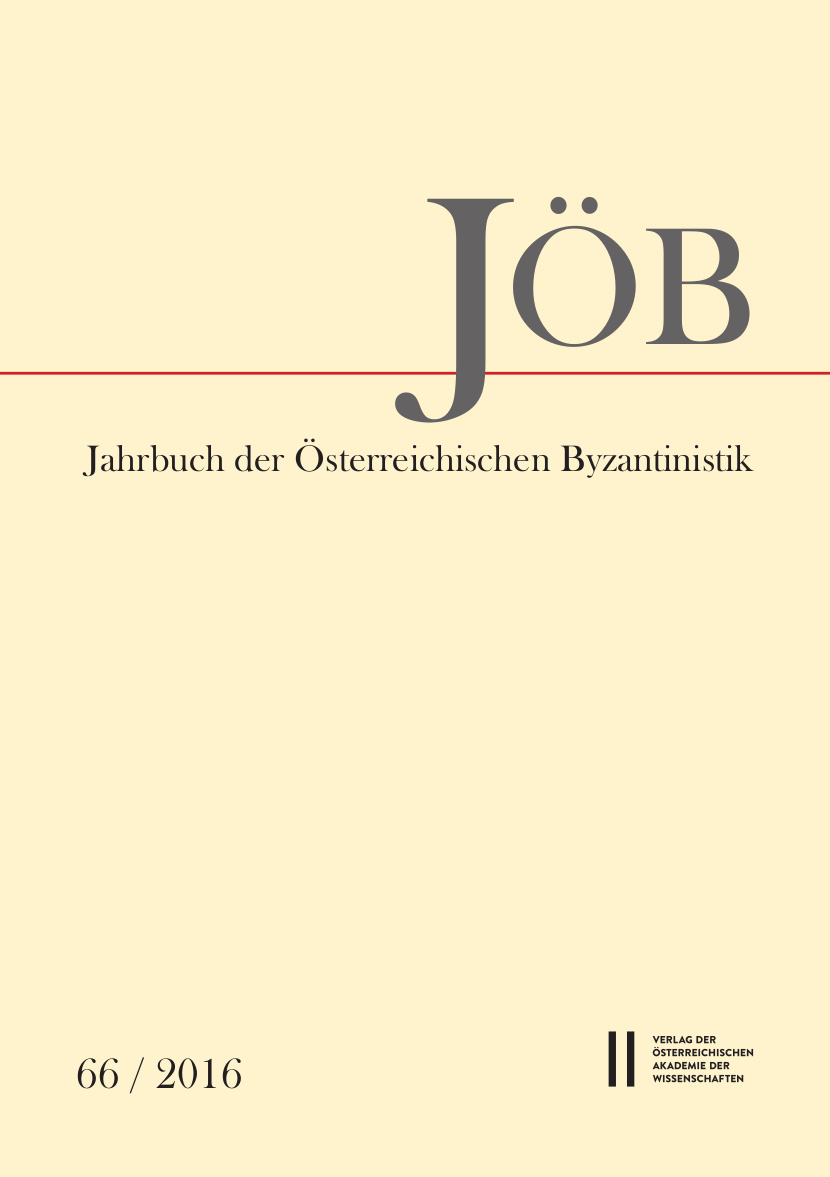
Jahrbuch der Österreichischen Byzantinistik 66, pp. 33-58, 2017/06/20

In classical law and Justinianic law, the contract of ἐντολή (mandatum, mandate) had to be gratuitous. Any remuneration in this case was not agreed upon, but given out of a feeling of moral obligation as a token of gratitude. The so-called honorarium was used in classical law mainly for the remuneration of a lawyer or teacher in the liberal arts in recompense for their services. In early Byzantine law the sixth-century legal scholar Stephanos regularly spoke in this respect of an ἀντίδωρον (a gift in return). In addition to an honorarium or ἀντίδωρον, a salarium or σαλάριον could also be paid. This payment had to be appropriate to the efforts made by the mandatory to that effect and could only be claimed extra ordinem. A shift apparently took place here from a pure, (moral) natural obligation (honorarium or ἀντίδωρον) to a semi-natural obligation (salarium or σαλάριον) that was indeed enforceable by law. This distinction between the two kinds of remuneration can clearly be derived from a new reading of a scholion by Stephanos. It appears that in later Byzantine law the ‘new’ terms ὀψώνιον, σιτηρέσιον and δόμα were used for salarium or σαλάριον. These terms came from the military.